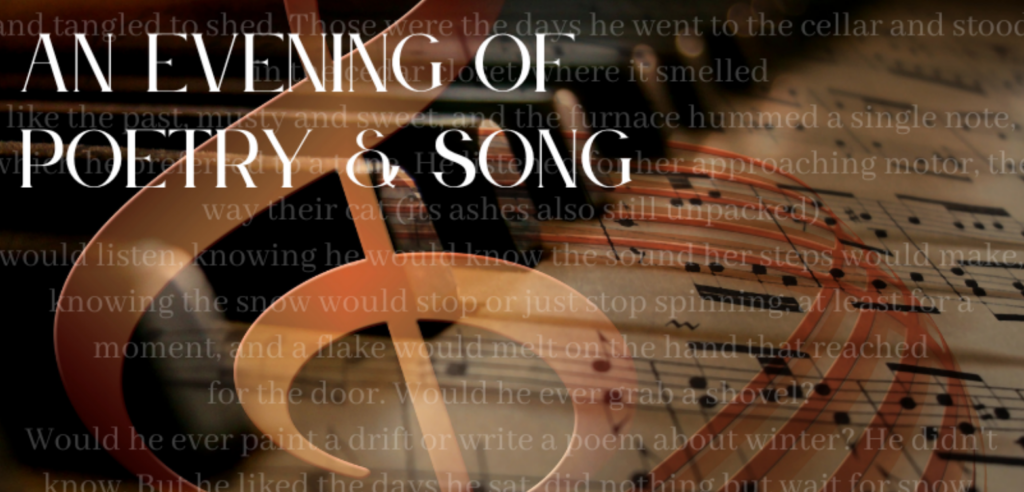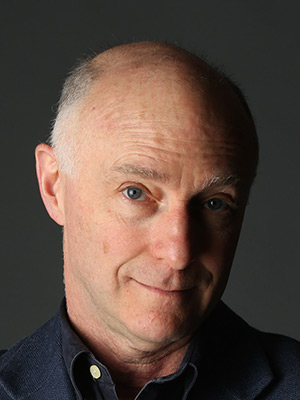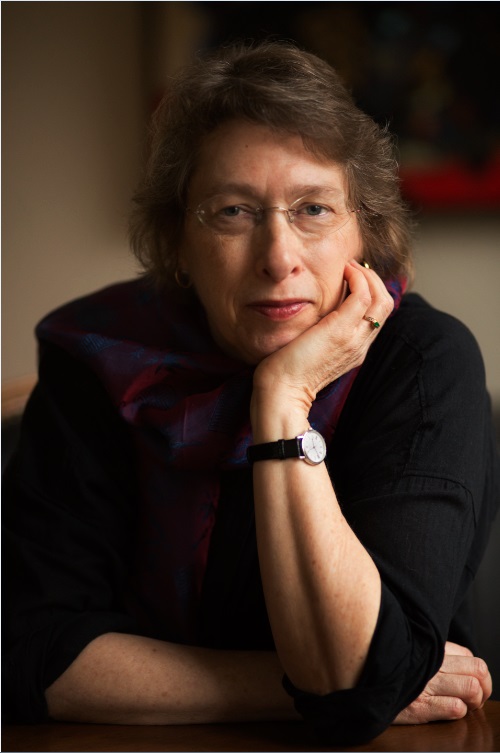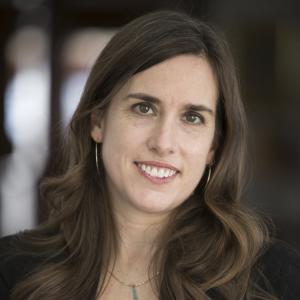An Evening of Poetry and Song to Feature Work of Three Professors

Composer Scott Wheeler, who retired in May as Senior Distinguished Artist-in-Residence Emeritus, will be joined by two Emerson colleagues for a night of poetry and music at the Boston Athenaeum on Wednesday, December 14.
The event will bring together five renowned Boston poets, including Charles Wesley Emerson Professor Megan Marshall and Writing, Literature and Publishing affiliated faculty member Anna Ross, to read their works, followed by Wheeler’s musical settings of the poems.
“[The event] is a real celebration of [Wheeler’s] tremendous accomplishment as a composer of art songs, a field usually associated with Schubert or Schumann, but carried on to this day,” said Marshall, Pulitzer Prize winner and co-organizer of the event.

“This is maybe the coolest program ever to feature my music,” Wheeler said. “Over the past years, I’ve been composing songs based on the words of some of the most interesting and distinguished poets in the Boston area.”
Wheeler will accompany on the piano two singers: soprano Sarah Chalfy and baritone Jonathon Woody. The event will also feature poets Anna V.Q. Ross, affiliated faculty, Writing, Literature & Publishing, as well as Regie Gibson, Jeffrey Harrison, and Lloyd Schwartz.
For most of the participating artists, the event will be the first time the singers will hear the poets read, and the first time the poets will hear their works sung. Wheeler is the only one who has heard both, and he said he’s excited to see the artists’ reactions.
Wheeler hopes the event will bring together two audiences that often don’t overlap: attendees of modern classical concerts and attendees of poetry readings.

“Poetry is based in song,” Marshall said. “Rhythm, meter, and voice are terms that apply to both music and poetry. There’s a natural magnetism, and Scott Wheeler allows that energy to infuse in the pieces you’ll hear in the program.”
Wheeler and Ross co-taught a Poetry and Song class at Emerson where students explore what it is like to combine words with music as songwriters.
“What is it like to say a line of poetry? To sing a line of poetry? What happens if there is an accompaniment?” Wheeler asked. “The poem might slow down, might become bigger…the poets are always shocked at how emotional the singer is.”
Marshall will read her poem, “Amaryllis,” and a poem written by her late partner, Scott Harney. Marshall has always loved poetry and first met Harney in a poetry workshop as an undergrad. But until the first pandemic winter in 2020, she had not written a poem since the 1970s. She’s not sure she’ll write another poem, but “Amaryllis” is important to her as an elegy to Harney and a record of life in pandemic confinement.

Harney wrote poetry all his life, but never published. After he died, Marshall gathered his poems from the basement or on his computer, and they were published in The Blood of San Gennaro by Arrowsmith Press on the first anniversary of his death in 2020. She reads his poem to keep him alive to those who knew him and bring him to life for readers who never knew him.
Ross will read two of her own poems, “Passenger Pigeon” and “One Time”. Both of the poems appear in her new book Flutter, Kick which won the Benjamin Saltman Poetry Award and was published by Red Hen Press in November.
PASSENGER PIGEON I read once that they traveled in flocks big as hurricanes, and as fast— millions of birds flying so low you almost didn’t need a gun to catch one, just reach an arm up and grab. Too easy, nuisance birds, landing and deflowering a tree or field in minutes, then lolling around, dirtying the ground, before the swift, swirling rise toward elsewhere. Who was their passenger? Or is passage the important part— the routes they moved through air. We care so much about who belongs where, arm ourselves against the imaginary. No one believed they could die out. There were so many.
Wheeler’s setting of Ross’s “One Time,” which he renamed “She Left for Good One Time, But Came Back” was recorded last year by the Bowers Fader Duo on their CD Between Us All: New American Art Songs.
Wheeler taught at Emerson since 1978 and loves the creativity of his students. Rather than following more traditional teaching instructions, Wheeler finds that if you ask students to be creative and make a video, write a song or do a performance on a topic, they’ll learn all about the topic in the process.
“That’s a rather unusual student mind and through all the generations of Emerson students I’ve taught, that quality has been constant,” Wheeler said. “That’s just the culture of the place.”
Categories